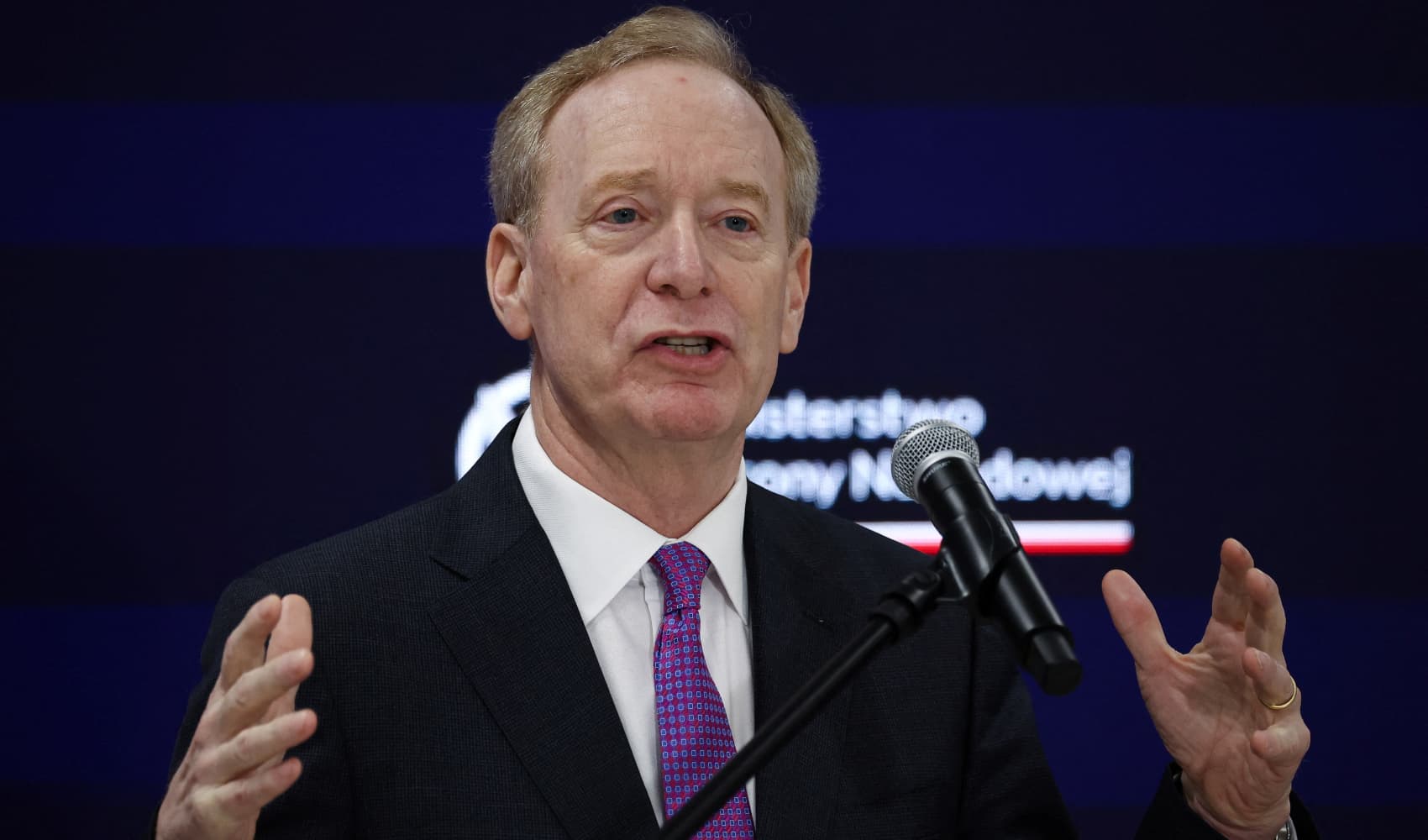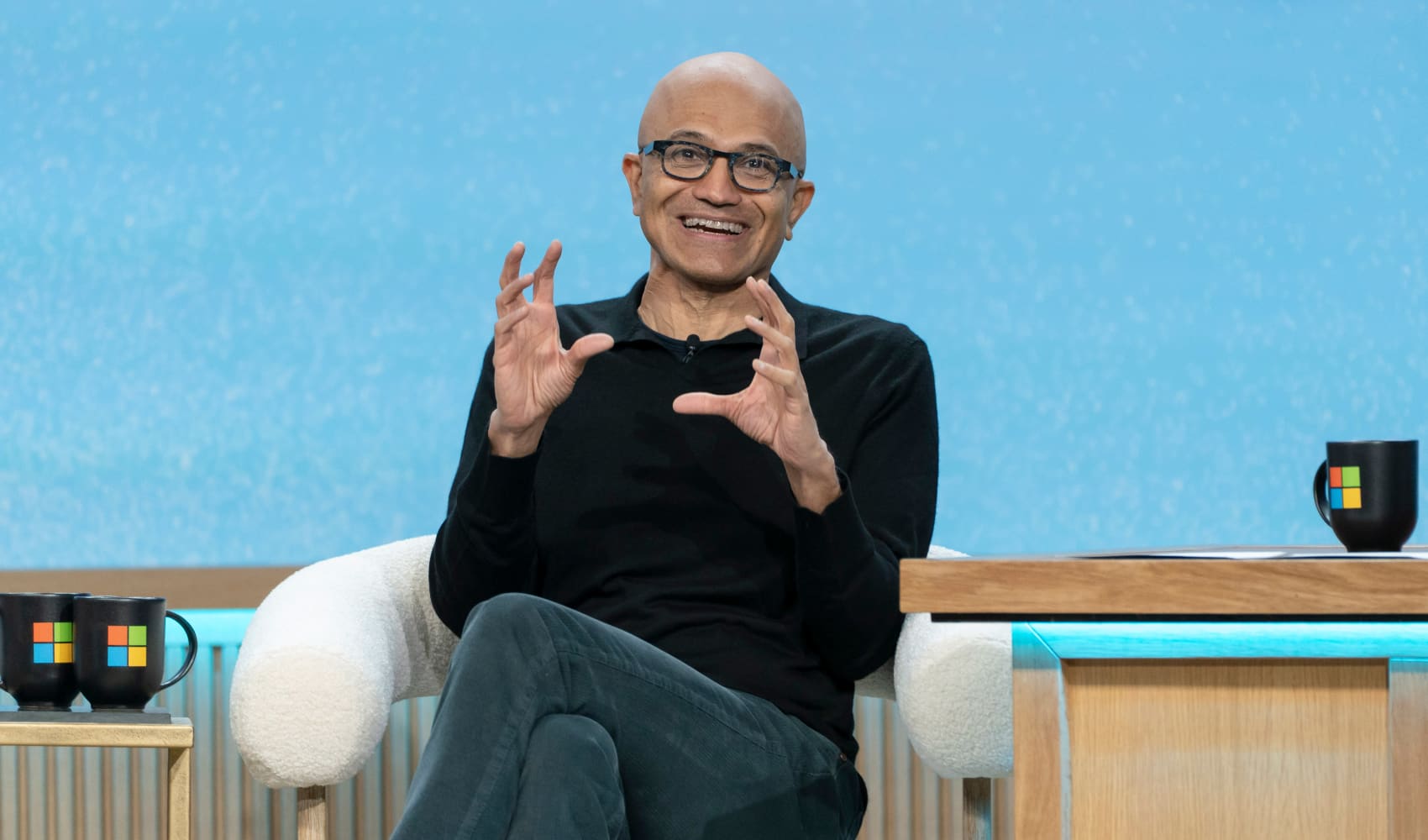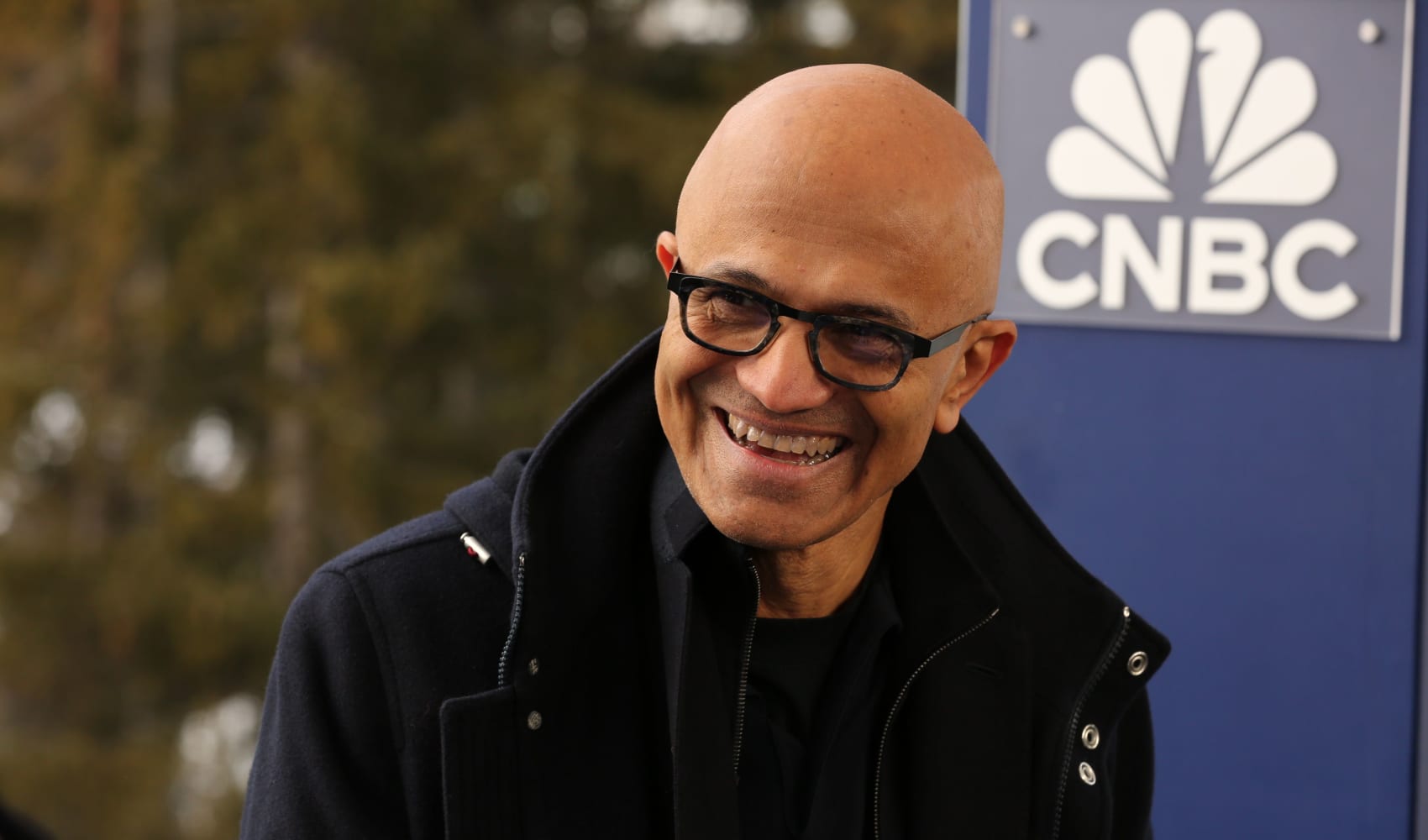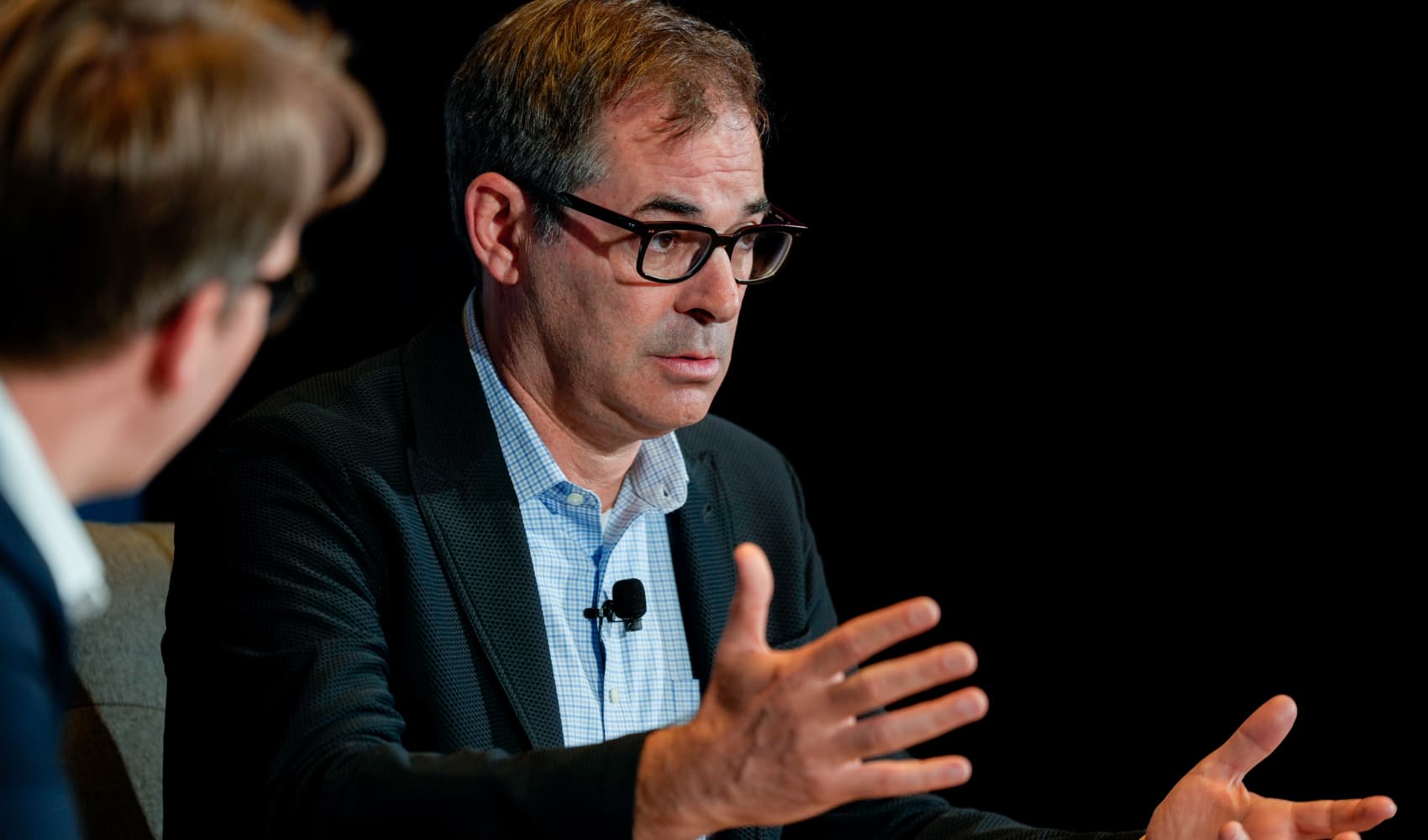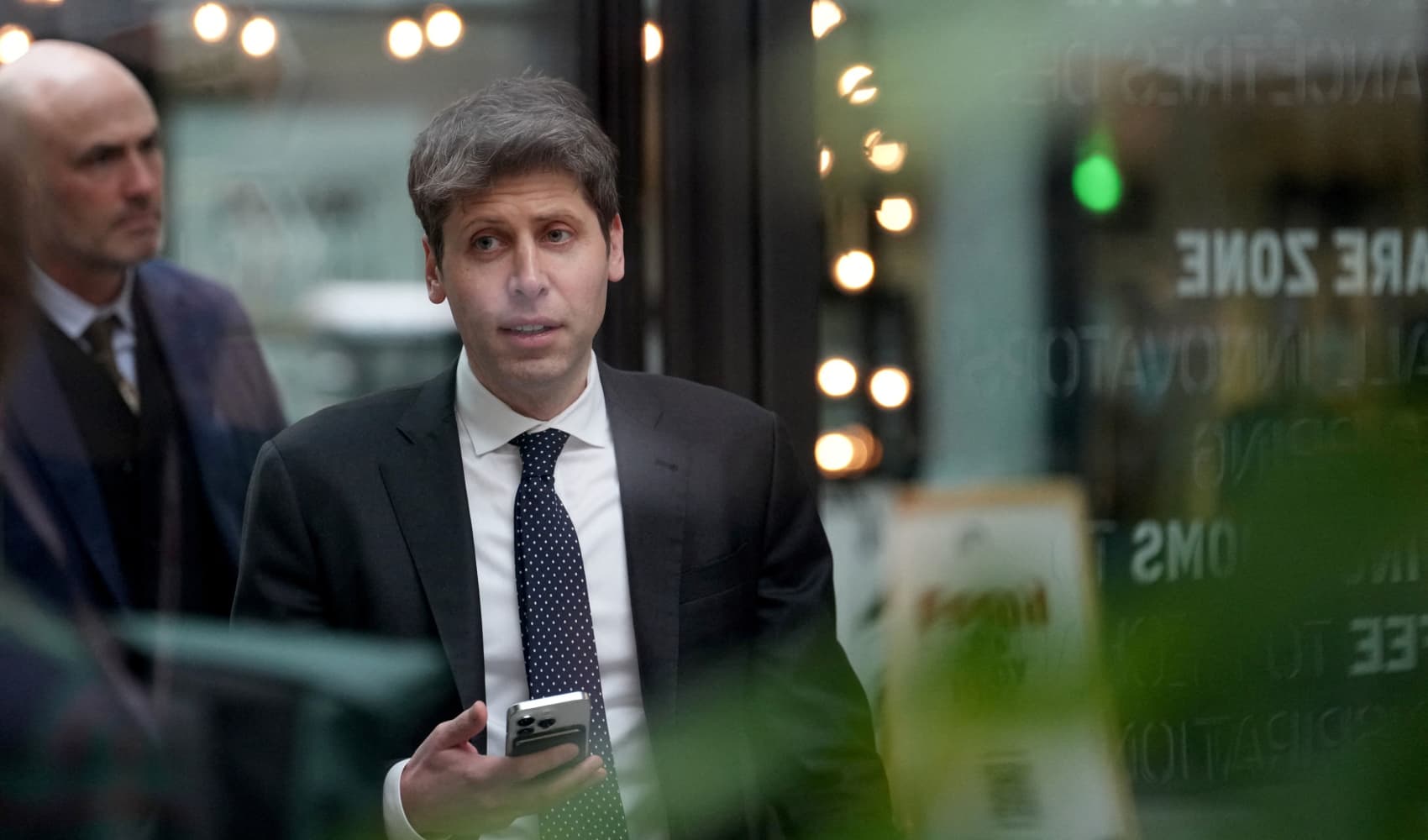Big Tech Tumbles: Navigate Market Dip With Confidence
Tech Giants Tumble: Is This Just a Monday Dip or a Bigger Slide?
Introduction: A Wobbly Start to the Week
Monday mornings, am I right? They're never quite what you hope for. And today's stock market is proving the point, at least a little. We’re seeing a slight decline, with the S&P 500 dipping 0.5% in late morning trading. But what's really grabbing headlines is the performance of Big Tech – or, more accurately, their underperformance. These giants are carrying a lot of weight, and right now, that weight seems to be dragging the market down.
The Numbers Don't Lie: A Quick Market Snapshot
Let's break down the details. The Dow Jones Industrial Average is down around 18 points, or 0.1%. The Nasdaq composite, which is heavily influenced by tech stocks, is taking a bigger hit, down 0.9%. It's not a catastrophic drop, but it's enough to make investors pause and ask, "What's going on?"
Relief After the Rollercoaster: A Calmer Trading Day
Remember those wild swings we've been experiencing? The market has been on a serious rollercoaster, reacting to every whisper about potential tariffs and recession fears. Today offers a bit of a respite, a moment to catch our breath after the recent drama. The S&P 500 has recovered about half its losses since that earlier 20% drop from its record high this year.
Big Tech Earnings on the Horizon: A Make-or-Break Week?
This week is crucial. We've got earnings reports coming from some of the biggest players on Wall Street: Amazon, Apple, Meta Platforms (Facebook), and Microsoft. These aren’t just any companies; their performances have an outsized influence on the overall market. They’ve inflated the market for so long; can they keep that trend going?
H2: Why Big Tech Matters: Market Movers and Shakers
Why are these companies so important? Well, they've become absolute behemoths. They command massive market capitalizations, meaning their stock prices have a significant impact on the indices. When they rise, the market tends to rise; and, as we're seeing today, when they fall, the market feels the pain. Think of it like this: they are the elephants in the room, and when the elephants dance, everyone notices.
The Ripple Effect: More Than Just Tech Stocks
It's not just about the tech sector itself. These companies are deeply intertwined with other industries. They buy components from manufacturers, use logistics services, and employ millions of people. A slowdown in Big Tech can have a ripple effect, impacting businesses across the entire economy.
H2: Tariff Tensions: Still a Cloud Hanging Over the Market
Remember those tariff worries? They haven't gone away entirely. While there's been some hope that the President might ease up on tariffs, the uncertainty remains. Investors are still nervous about the potential for a trade war, which could disrupt global supply chains and hurt corporate profits. Is this a real threat, or just a negotiating tactic? That's the million-dollar question.
The Recessionary Red Flags: Are We Headed for a Downturn?
Talk of a recession has been swirling for months. Some analysts point to slowing economic growth, rising interest rates, and the trade tensions as signs that a downturn is on the horizon. Others argue that the economy is still fundamentally strong and that the current volatility is just a temporary correction. Who's right? Only time will tell.
H2: Analyzing the Decline: What's Behind the Tech Sell-Off?
So, what's driving the weakness in Big Tech specifically? Several factors could be at play.
Valuation Concerns: Are Tech Stocks Overpriced?
Some analysts believe that tech stocks have simply become too expensive. After years of rapid growth, their valuations may have outstripped their underlying earnings potential. Are investors finally starting to realize that these companies can't grow at breakneck speed forever?
Regulatory Scrutiny: Big Tech Under the Microscope
Big Tech is facing increasing scrutiny from regulators around the world. Concerns about data privacy, antitrust issues, and the spread of misinformation are putting pressure on these companies to change their business practices. This could potentially impact their profitability and growth prospects.
H2: The Week Ahead: What to Watch For
This week will be packed with important economic data and events that could move the market. Here's what to keep an eye on:
Earnings Reports: The Main Event
As mentioned earlier, the earnings reports from Amazon, Apple, Meta Platforms, and Microsoft are the main event. Investors will be closely watching these reports for signs of slowing growth, margin pressures, and any guidance about the future. Be prepared for volatility!
Economic Data: A Glimpse into the Economy
Keep an eye on the latest economic data releases, including inflation figures, consumer spending reports, and manufacturing data. These numbers can provide valuable insights into the health of the economy and can influence investor sentiment.
Federal Reserve: Will They Hike Rates Again?
The Federal Reserve's next move on interest rates is always a key factor. Any hints about future rate hikes could send ripples through the market. The Fed is walking a tightrope, trying to control inflation without triggering a recession. It's a tricky balancing act.
H2: Investing Strategy: What Should Investors Do?
So, what should investors do in the face of this market uncertainty? Here are a few tips:
Stay Calm: Don't Panic Sell
It's easy to get caught up in the fear and sell off your investments when the market starts to decline. But resist the urge to panic. Remember that market corrections are a normal part of the investment cycle. Long-term investors should focus on their overall financial goals and avoid making rash decisions.
Diversify Your Portfolio: Don't Put All Your Eggs in One Basket
Diversification is key to managing risk. Make sure your portfolio is spread across different asset classes, sectors, and geographic regions. This can help cushion the impact of a downturn in any one particular area.
Consider Dollar-Cost Averaging: Buy Low, Buy Often
Dollar-cost averaging is a strategy of investing a fixed amount of money at regular intervals, regardless of market conditions. This can help you buy more shares when prices are low and fewer shares when prices are high, potentially leading to better long-term returns.
H2: Long-Term Perspective: The Market Always Bounces Back
It's important to remember that the stock market has always gone through cycles of boom and bust. Even during periods of significant decline, the market has always bounced back eventually. History shows that patience and a long-term perspective are key to successful investing.
Conclusion: Navigating the Choppy Waters
So, while the market faces a slight decline today, with Big Tech weighing heavily, it's crucial to keep things in perspective. The upcoming earnings reports from major tech companies, ongoing tariff tensions, and the potential for a recession all contribute to the current market volatility. Investors should remain calm, diversify their portfolios, and focus on long-term goals. This isn't the time to panic; it's a time to be informed and make rational decisions. After all, the market's a marathon, not a sprint.
Frequently Asked Questions
Q: What exactly does it mean when someone says Big Tech is "weighing on the market"?
A: Think of the stock market index, like the S&P 500, as a see-saw. Heavier companies (those with larger market caps) have more influence. So, if Big Tech companies (like Apple or Microsoft) are declining, their weight pulls the whole see-saw (the market) down. It's simply that their performance disproportionately affects the overall index.
Q: Should I sell all my tech stocks right now?
A: Not necessarily! It depends on your individual investment strategy, risk tolerance, and long-term financial goals. Selling everything based on one day's performance can be a recipe for disaster. Consider talking to a financial advisor to determine the best course of action for you.
Q: What are the key things to look for in the upcoming Big Tech earnings reports?
A: Focus on revenue growth (are they still growing?), earnings per share (are they profitable?), and future guidance (what do they expect for the next quarter?). Also, pay attention to any commentary about the economy, consumer spending, and supply chain issues.
Q: How do tariffs actually impact the stock market?
A: Tariffs are taxes on imported goods. When they're imposed, they can increase costs for companies, disrupt supply chains, and lead to retaliatory tariffs from other countries. This uncertainty and potential for lower profits often spooks investors and can lead to market declines.
Q: What's the best way to prepare for a potential recession?
A: Build an emergency fund, pay down debt, diversify your investments, and consider investing in defensive stocks (companies that tend to perform well even during economic downturns, like utilities or consumer staples). Review your budget and look for ways to cut expenses.

